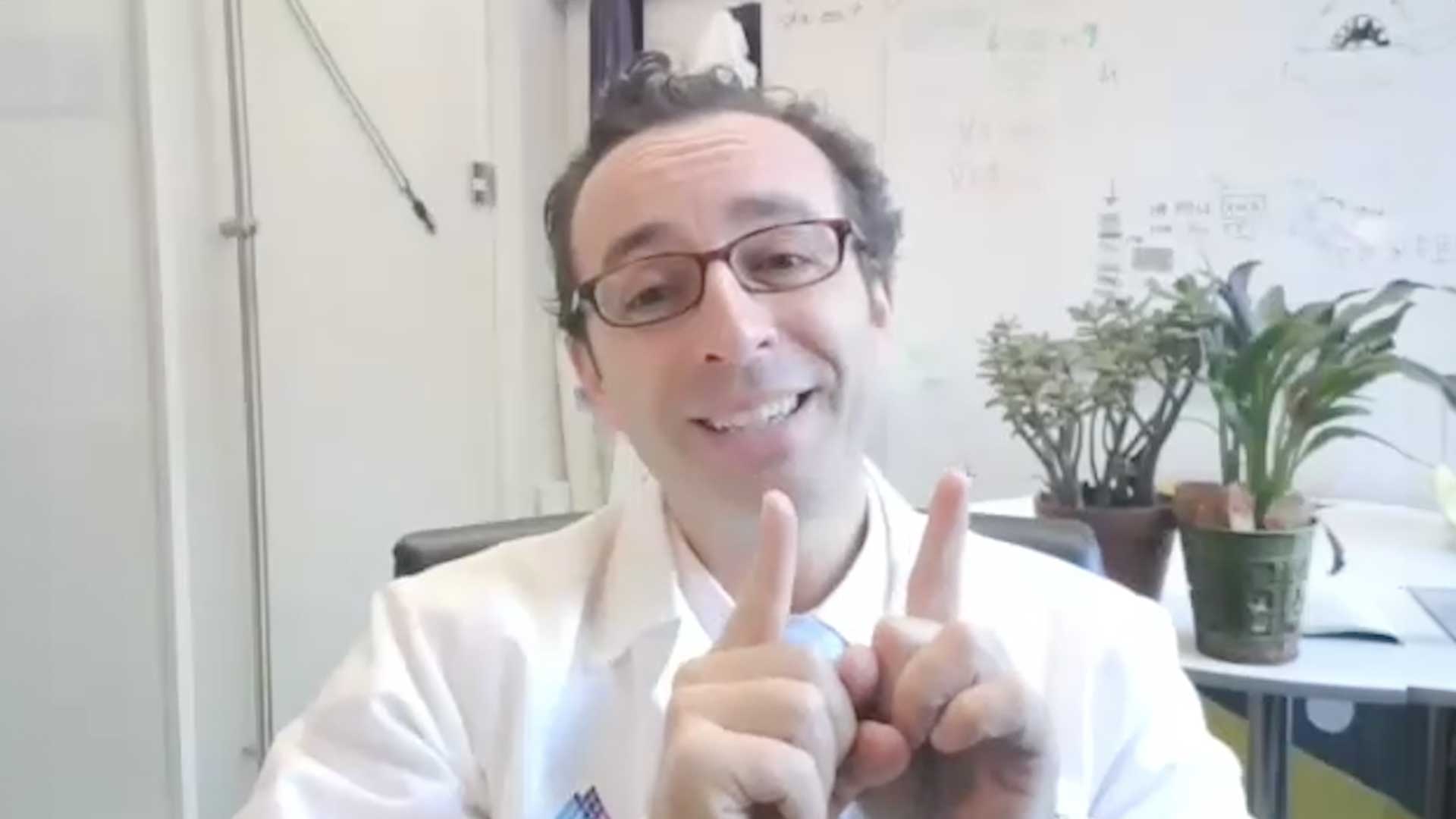Facing a cancer diagnosis can be overwhelming and filled with uncertainties and questions about the best possible treatment options. One avenue of hope and potential breakthroughs in cancer care is through participation in clinical trials. However, navigating the world of clinical trials can be difficult, with numerous questions and concerns. In this guide, we turn to the expertise of oncologists to provide you with answers to the most common questions about cancer clinical trials.
How do you decide what clinical trials to recommend to people living with cancer?
“Our team at NYU generally applies a very straightforward principle when we’re evaluating which studies to offer, and that’s what we advise ourselves or our family members to go on this trial,” said Janice Mehnert, MD, of NYU Langone Health’s Perlmutter Cancer Institute. “I think if your physician is explaining that as a part of the introduction of a study as an option for you, it’s a very powerful statement.”
How does being on a clinical trial compare to standard treatment?
“Being in a trial as compared to regular treatments is quite similar to that; I won’t say it’s very different. Everyone is different in terms of how they respond to therapy,” said Eric Santos, MD, of Cancer and Hematology Centers. “Even with standard drugs, we don’t quite know how a person, or a patient will respond. Some people do really well and hardly have any side effects, and some people may have some side effects. That combination of therapy and person is always unique.”

What potential benefits do people participating in clinical trials get access to?
“We have patients that have gotten access to these medicines that some of them are now becoming FDA-approved, but they got access to them in 2018, 2019, 2020,” said Joshua Brody, MD, of The Tisch Cancer Institute at Mount Sinai. “They got access to 2023 therapies, but in 2020.”

What makes clinical trials so impactful?
“What is really thrilling about clinical research is when you see the results actually become practice-changing,” said Mehnert. “When you can say to a patient, ‘You know, because you participated in this study, we now have a standard of care that is better than what we had before,’ that, hands down, is the most gratifying part of being a clinical researcher.”